“I always say I am Pablo Pineda and that I have Down’s syndrome. There is a big difference between ‘having’ and ‘being.’ ‘Being’ can crush you down and ‘having’ shows it is only one feature.”
– Pablo Pineda, the first European with DS to graduate with a university degree
World Down Syndrome Day is a day to represent the uniqueness of the triplication (trisomy) of the 21st chromosome, which causes Down syndrome. It is a day to acknowledge and celebrate explicitly the people with Down syndrome and those who reside and work alongside them around the world organize and participate in activities and events to raise public awareness and create a unified global voice advocating for the rights, inclusion, acceptance, and well-being of people with Down syndrome.
Despite living in the 21st century ‘the digital age’, human values are degrading and heading to an era where fellow feelings take no notice of. Many people will say a firm ‘NO’ to hiring people with Down syndrome based solely on their appearance, underestimating their abilities, which drive far more than looks. Daily, people with Down syndrome face numerous stereotypes, pessimistic judgments, and a lack of independence to decide and do what they truly want. To withstand all the stereotypes and false misconceptions inherited about these beautiful souls the 2023 world down syndrome day is themed ‘we decide’.
“It was a ‘NO’ that I wanted to turn into a big ‘YES’.”
– Isabella Springmühl on Becoming the First Designer with DS to hit the catwalk at London Fashion Week
According to a survey done in Australia by the NDIS (2020), data shows that Only 34% of people with Down syndrome over the age of 25 years have a paid job (compared to 76% of their peers without Down syndrome). And NDIS data (2020) shows that 62.8% of participants with intellectual disability and Down Syndrome have listed a work goal in their NDIS plan, but are not currently in paid employment. This means that there are around 37,042 Australians with intellectual disability and Down syndrome who don’t have a paid job but would like one. This study clearly shows that many people with Down syndrome wish to work but find it difficult to get a job.
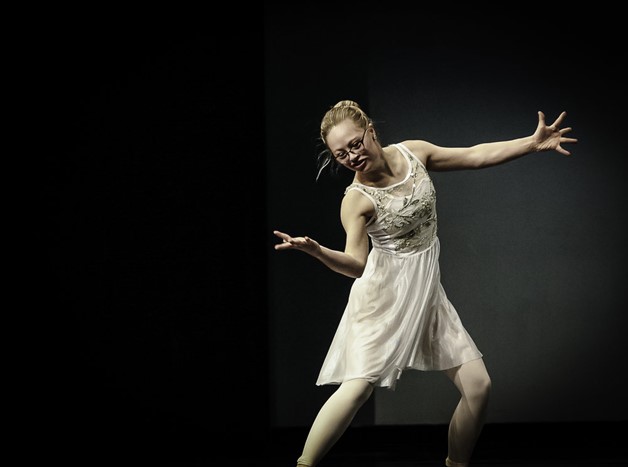
What should we do to make a difference?
We should attempt to enhance job opportunities for people with Down syndrome by raising awareness about the competencies and potentials of people with Down syndrome, as well as demonstrating the ultimate value addition they will bring to the organization in exchange for employment. ‘Higher the buildings lower the morals.’ It is time to change this quote by uplifting the values and morals of organizations by embracing the difference. So, organizations embarking on career opportunities for people with down syndrome will not only give them the chance to prove the importance of their presence, but on the other hand, the organization’s morals will climb higher gifting more social recognition.
Furthermore, programs should be planned and implemented to train and educate the Down syndrome community to showcase their suitability for a determined job where the recruiter cannot say ‘NO’ to them. So, they can have much-suited and stable jobs in the near future. To make this a reality, educators, job counsellors, and families all must work together. We should stand with them, not for them.
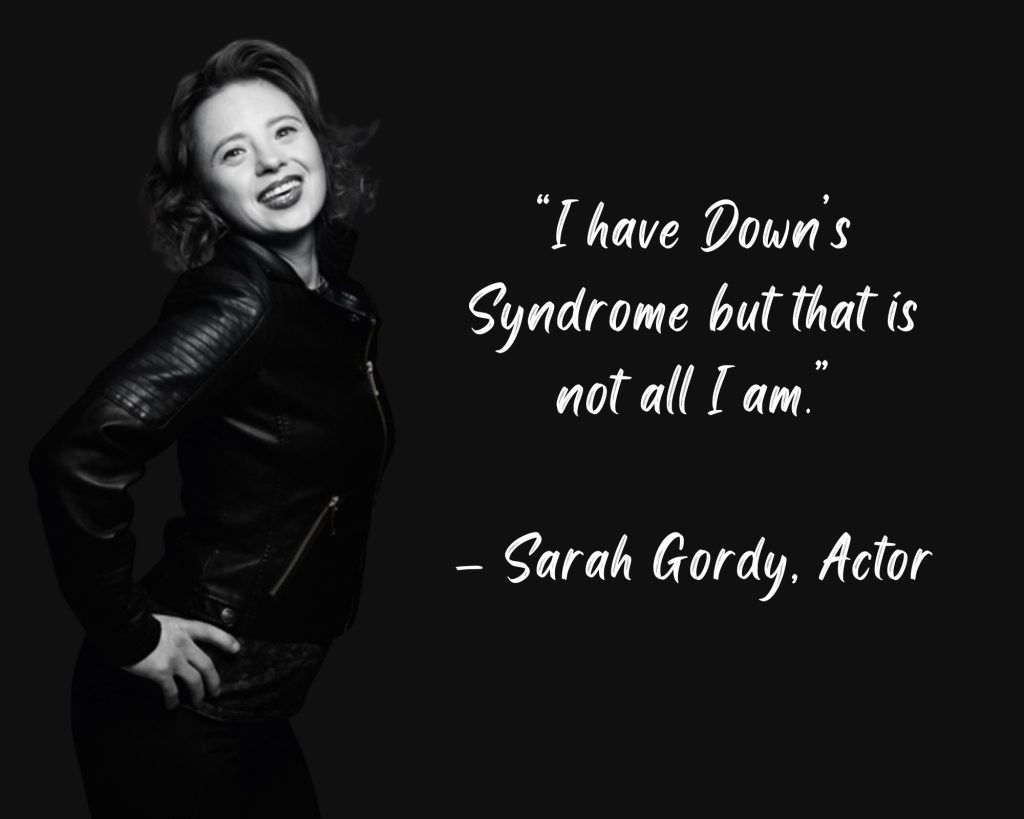
Being a person with Down syndrome does not make you any less of a human. The public holds negative attitudes toward people with down syndrome. This has been proven by the two surveys done in 2008 U.S. surveys (HealthStyles(c) survey of adults 18 years or older and YouthStyles(c) survey of youth ages 9-18) about the public attitude towards the Down syndrome community mainly about their presence in education, professions, and willingness to interact with them.
According to the findings, young people have negative attitudes towards people with Down syndrome, with 30% agreeing that they should attend separate schools, 27% unwilling to collaborate, and 40% not spending time with them outside of school.
These attitudes can only be addressed by conducting programs designed to challenge the typical viewpoints of society which lead mankind to have a more open-ended mindset. They also possess equal rights to all the privileges and happiness in life like us. So, who are we to take that RIGHT away from them? Instead, be a reason for their smile and be a person who breaks the habitual pattern.
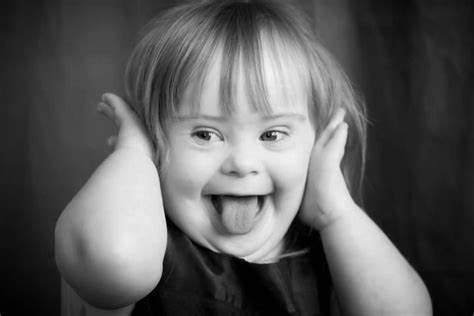
Why can’t people focus on the thousand positive aspects of a person rather than the one negative aspect?
People with down syndrome will take more time to learn a new thing or to adjust themselves. They often suffer from mental health issues which affect them across their lifespan. Children may develop attention deficit disorders, obsessive-compulsive disorder, or certain types of anxiety (e.g., separation anxiety disorder, specific phobias, or selective mutism). Adolescents and adults may develop these, along with other types of anxiety (generalized anxiety disorder or social anxiety) or depression. People with Down syndrome are most prone to developing mental health problems during major life transitions, such as entering or leaving high school.
Even if a mental health diagnosis is not at play, parents and professionals should be aware of other issues that can negatively impact a person’s overall mental wellness. These include low self-esteem, identity issues related to having Down syndrome and becoming overly entrenched in fantasy worlds. By identifying these issues, we should help people with down syndrome to lead a normal and happy life.
“Aren’t we all human? Don’t we all deserve to be respected and treated equally?”
– Madeline Stuart, Australian Catwalk Model
When we educate people with down syndrome, it is crucial to give them the needed space and time to breathe everything in. It is important to use attractive methods when delivering the content to them. Try ways to help them communicate. And do not forget to appreciate their effort each time they learn a new concept. Since they are way more sensitive than us think twice before telling anything that will collapse their personality. That does that entertain the idea to treat them like nurseries but treating them the way that they deserve to be treated. Do not just talk to parents or guardians, talk directly to people with Down syndrome. Respect them. Value them. Treasure them.
Instead of making Mother Earth a difficult place for some people, why not make it a place where all of their curves and edges are praised? After all, we all are humans. So, why let anyone bucket us into different categories?
Written by Rtr. Lakeesha Dias
Graphic design by: Rtr. Malithi Fernando
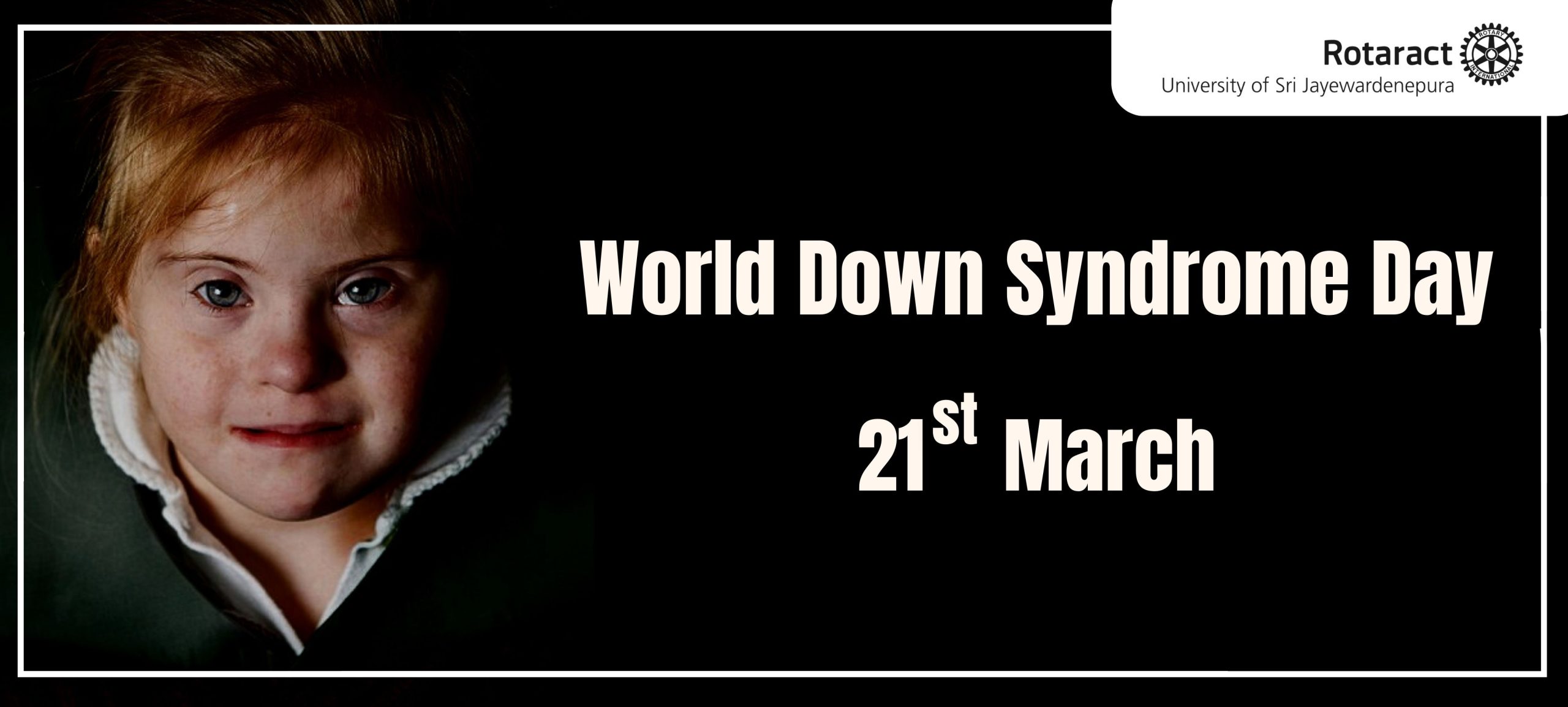
Your article helped me a lot, is there any more related content? Thanks!